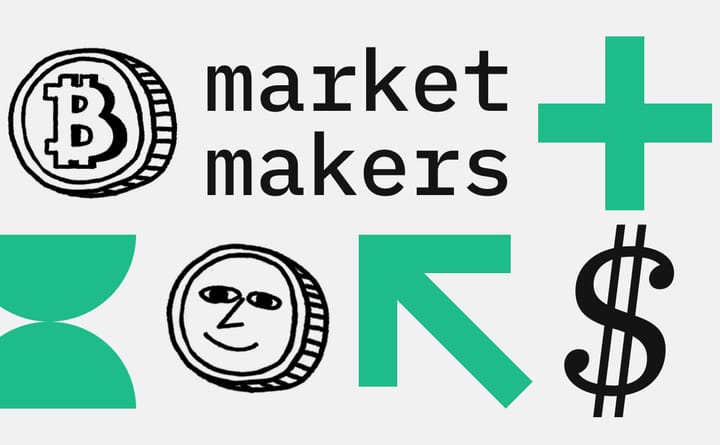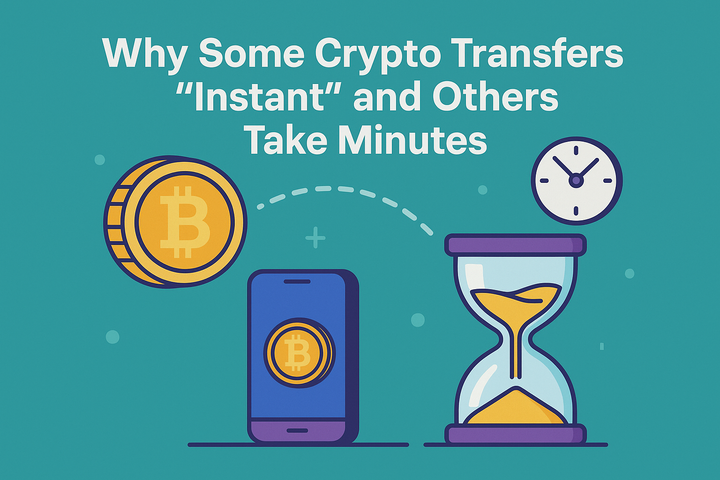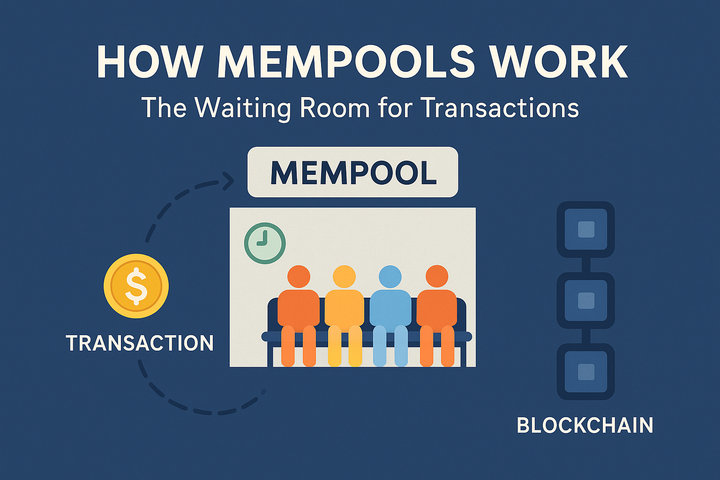New use cases ZK unlocks for DeFi and GameFiZK in action: how zero-knowledge technologies open up new opportunities for DeFi and GameFi

Zero-knowledge technologies, previously considered primarily in the context of privacy and scaling, are undergoing a qualitative transition from the infrastructure level to the application level in 2025. This is especially true for two key Web3 sectors: decentralized finance (DeFi) and the blockchain gaming industry (GameFi).
Thanks to the improvement of ZK compilers, cheaper proof generation, and the emergence of zkEVM-compatible networks, scenarios that were previously considered either too expensive or impossible without compromising UX and decentralization are becoming feasible.

What has changed in ZK technologies in 2024–2025
Until recently, the main obstacles to using ZK in application products were high computational complexity, narrow compatibility with the EVM, and the lack of convenient development tools. However, now:
· zkEVM solutions (such as Scroll, Polygon zkEVM, zkSync Era) support regular Solidity contracts without significant limitations;
· SNARK/STARK proof generation has accelerated by 5-10 times thanks to recursive aggregation and hardware ZK accelerators;
· Cairo, Noir, RiscZero frameworks have emerged, allowing the creation of ZK applications with native integration into the dApp ecosystem.
This has given impetus not just to Layer 2 platforms, but to new types of applications using zero-knowledge in application logic.

DeFi: ZK opens up private and scalable finance
One of the main trends in DeFi is the introduction of privacy at the level of transactions, orders, and even collateral.
Examples of new opportunities:
ZK liquidity marketplaces, where transactions are made without disclosing offers in the mainnet (an example is Railgun DEX Layer);
1) ZK bonds and synthetic assets whose structure is hidden from third-party observers, but verifiable by proof;
2) ZK lending protocols, in which collateral can be proven without disclosing the full balance (privacy-preserving lending);
3) Participation in DAO with voting based on proofs of participation or identity without disclosing the address.
Technically, this is implemented through zkSNARK protocols and on-chain verifiers built into second-level contracts. Particular attention is drawn to the integration of ZK into order aggregators, allowing transactions to be carried out in private mode while maintaining compatibility with L1 DeFi protocols.

Zero-Knowledge Technologies in DeFi and GameFi: Use Cases and Technical Characteristics
|
Category |
Use Case / Feature |
Technical Description |
Benefits |
Challenges / Notes |
|
DeFi -
Privacy |
Private
order books and DEX layers |
ZK
proofs enable confidential order matching without revealing orders on-chain |
Prevents
frontrunning and MEV |
Complexity
of on-chain proof verification |
|
DeFi -
Synthetic Assets |
zk-backed
synthetic tokens |
Synthetic
assets with hidden collateral and issuance conditions verified via
zkSNARK/STARK |
Privacy
of positions and collateral |
Integration
with existing DeFi protocols |
|
DeFi -
Lending/Collateral |
Privacy-preserving
lending |
Prove collateral
sufficiency without revealing exact balances using zero-knowledge proofs |
Enhanced
user privacy |
Requires
complex circuit design for proofs |
|
DeFi -
DAO Voting |
ZK-based
anonymous or selective voting |
Voters
prove eligibility without revealing identity or vote contents |
Increased
voter privacy and anti-coercion |
Balancing
transparency and privacy in governance |
|
GameFi
- Off-chain Logic Verification |
Off-chain
event proofing |
Proofs
verify that off-chain game events (loot generation, battle results) comply with
on-chain rules |
Reduced
on-chain data/storage, faster gameplay |
Ensuring
synchronization between off-chain/on-chain |
|
GameFi
- Private Moves and Strategies |
Zero-knowledge
proof of valid moves |
Players
prove actions are valid without revealing moves to opponents |
Prevents
cheating and preserves strategy secrecy |
Computational
cost on clients, user device requirements |
|
GameFi
- Hidden Game State |
Private
inventories, maps, and assets |
Zero-knowledge
proofs maintain privacy of player data and game state elements |
Enhanced
immersion and fairness |
Complexity
in proof generation and verification |
|
GameFi
- Cross-chain Progression |
Proof
of game progress across chains |
Recursive
ZK proofs enable validation of progress on one chain verified on another |
Interoperability
and scalability |
Coordination
of multiple rollup or L2 environments |
|
Technical
Enablers |
zkEVM
compatibility |
Running
Solidity smart contracts within zk-rollup environments |
Seamless
migration and broader adoption |
zkEVMs
still evolving, performance trade-offs |
|
Technical
Enablers |
Recursive
proof aggregation |
Combining
multiple proofs into one to reduce verification overhead |
Significantly
lowers on-chain costs |
High
complexity in circuit design and tooling |
|
Performance |
Reduced
gas costs |
Compressing
transaction data and using succinct proofs to minimize Ethereum L1 usage |
Enables
microtransactions and mass adoption |
Proof
generation can be computationally intensive |
|
User
Experience |
Instant
finality and fast withdrawals |
ZK
proofs enable near-instant confirmation of state transitions |
Improves
UX compared to optimistic rollups |
Dependent
on proof generation speed |
GameFi: ZK makes fair computing and hybrid worlds possible
In GameFi zero-knowledge proofs become a key tool for:
· verification of off-chain events (e.g. in-game logic, loot generation, damage calculation) without full on-chain storage;
· implementation of PvP battles without strategy leaks — ZK allows a player to prove that he made a move according to the rules, without revealing the move itself in advance;
· creation of private game elements, such as hidden locations, inventory or maps, which are not visible to other network participants;
· support for multi-chain mechanics, where game progress is proven in one rollup, but validated in another without transmitting all the data.
A particularly promising direction has become the use of zk-STARK on clients, where even mobile devices can generate proofs sent to the network infrastructure.
Technically, this is implemented through ZK-friendly game engines and contracts interacting with off-chain performers using WASM and zkVM. Zk-oriented networks specifically for GameFi are also actively developing (for example, Lattice, Manta Pacific, Aleo Games Layer).

Why it matters: gas savings, privacy, and trust
ZK applications enable a new level of UX in Web3, without the need to compromise between performance, security, and decentralization.
For DeFi, this means:
· no MEV attacks and frontrunning on private DEXs;
· the ability to use complex financial instruments without revealing the strategy;
· reduced costs of verifying complex contracts through recursive proofs.
For GameFi:
1) guaranteed fair play and the impossibility of cheating;
2) preservation of user data privacy;
3) the possibility of scalable game worlds with dynamic off-chain content.
Examples of projects and implementations
In 2025, a number of projects have already implemented or are testing similar capabilities:
Aleo is a complete zk platform for private contracts, including gaming cases;
1) zkSync Era is a platform with support for private DeFi platforms and NFT games;
2) RiscZero is a zkVM infrastructure that enables off-chain computation to be verifiable;
3) Mind Network and Manta Pacific are projects that specialize in private applications on top of ZK infrastructures.
Each of them is either building a specific stack for zk applications or tools for integration into existing protocols.
Conclusion
Zero-knowledge proofs are no longer limited to private payments and Layer 2 scaling. In 2025, we see them becoming the foundation for new applications in DeFi and GameFi, where not only transaction speed and cost are important, but also privacy, fairness of computation, and multi-chain verification.



Comments ()